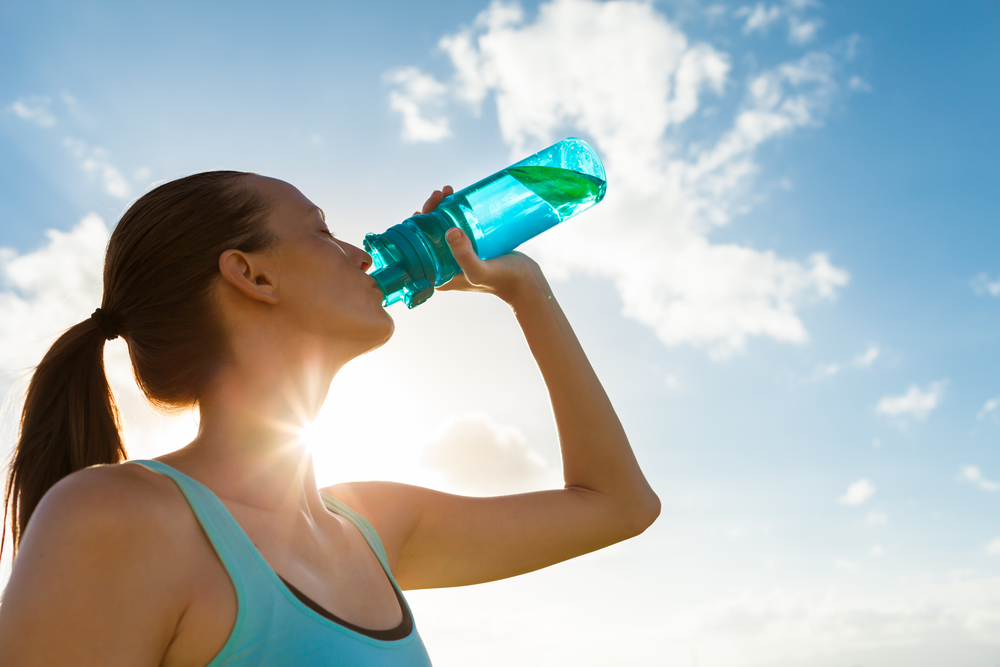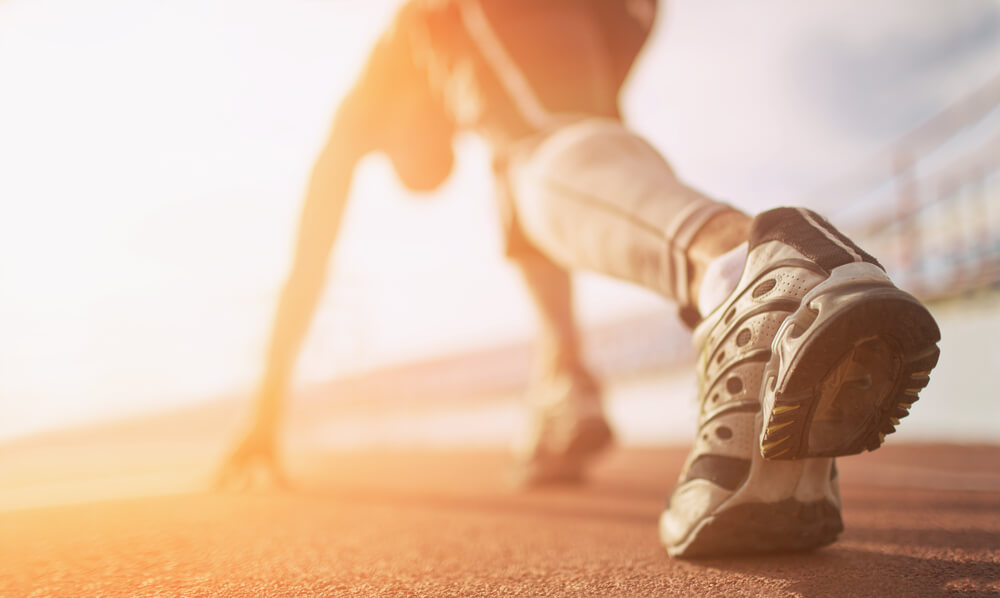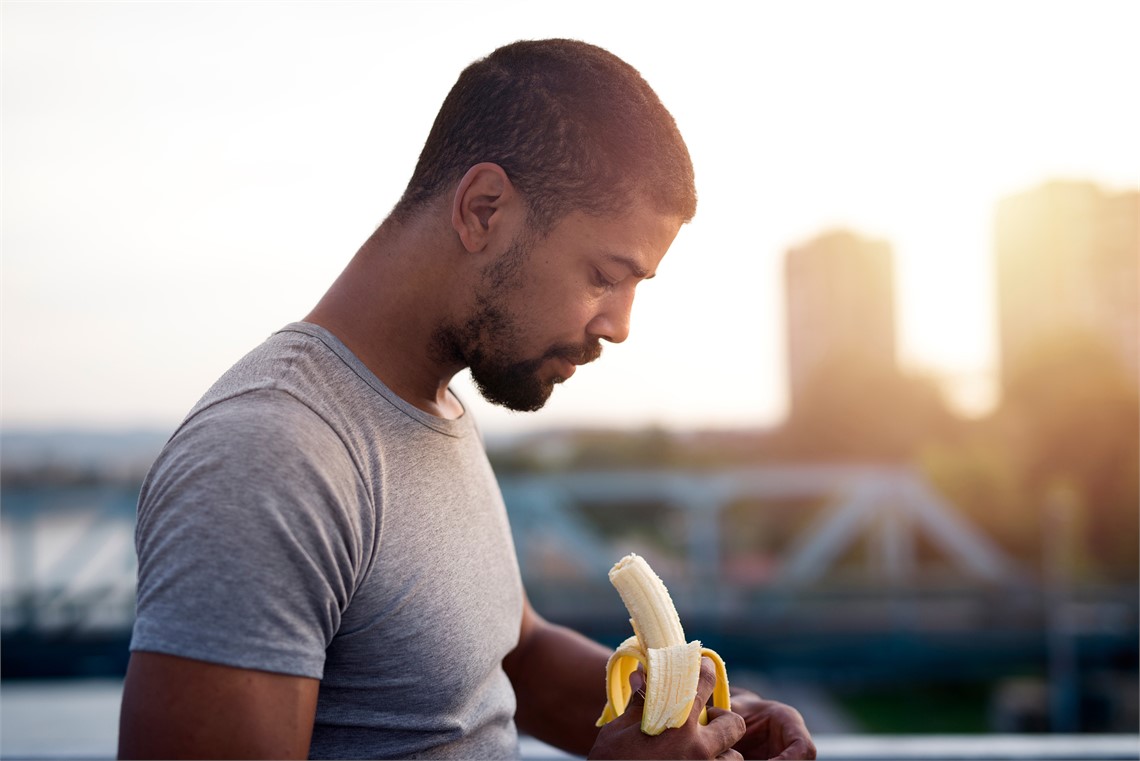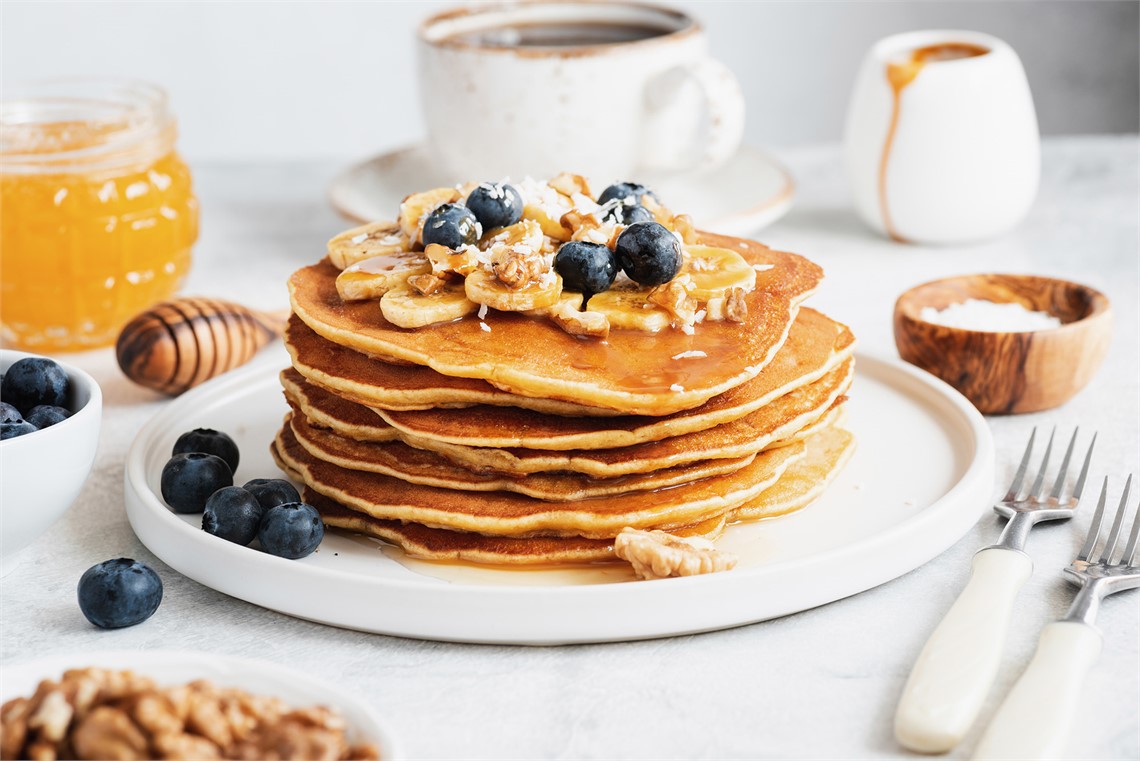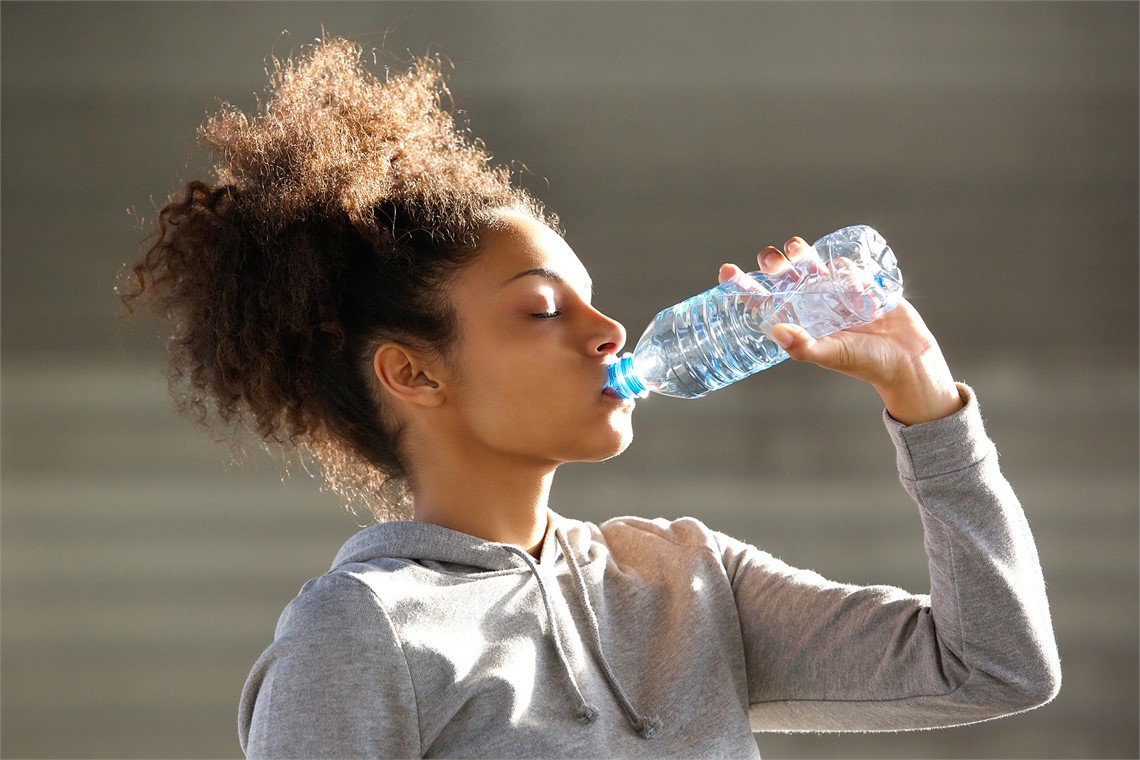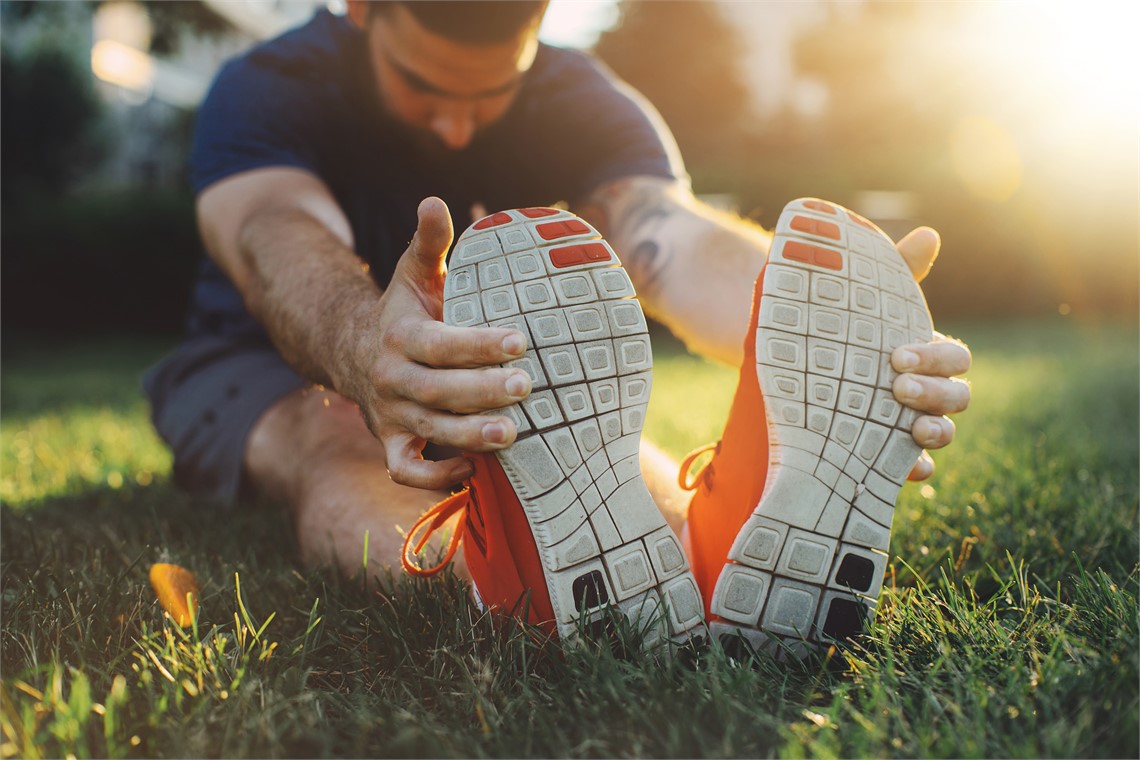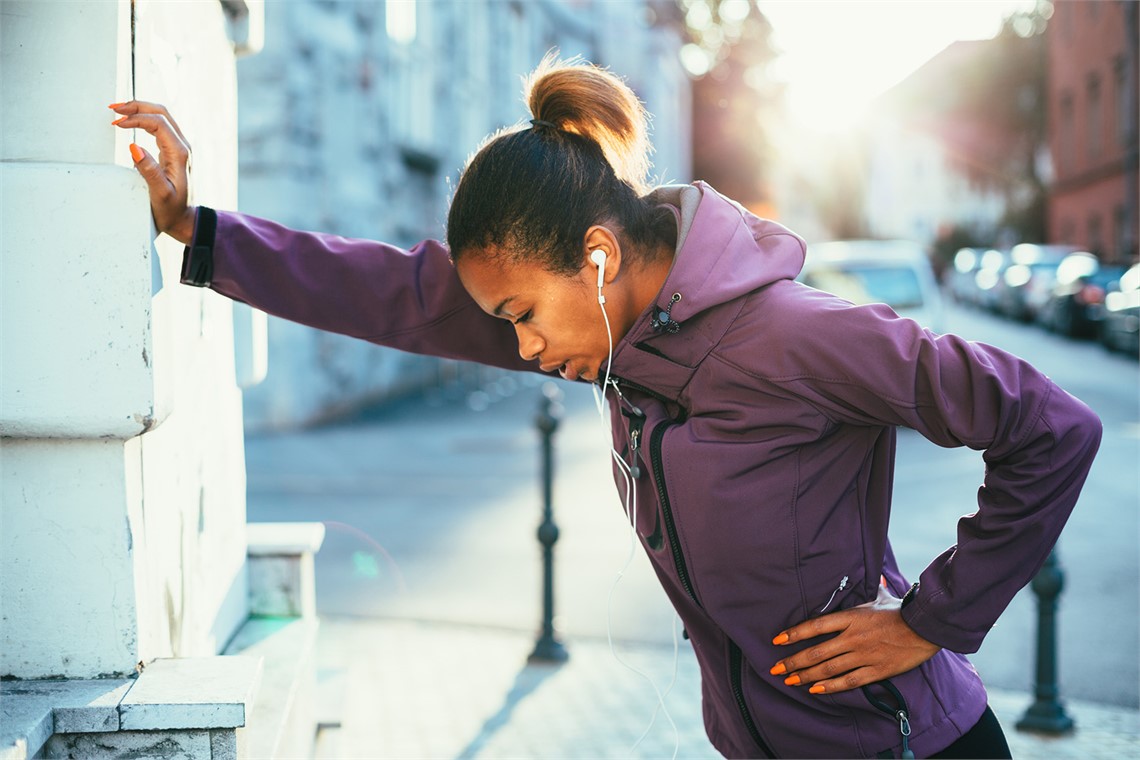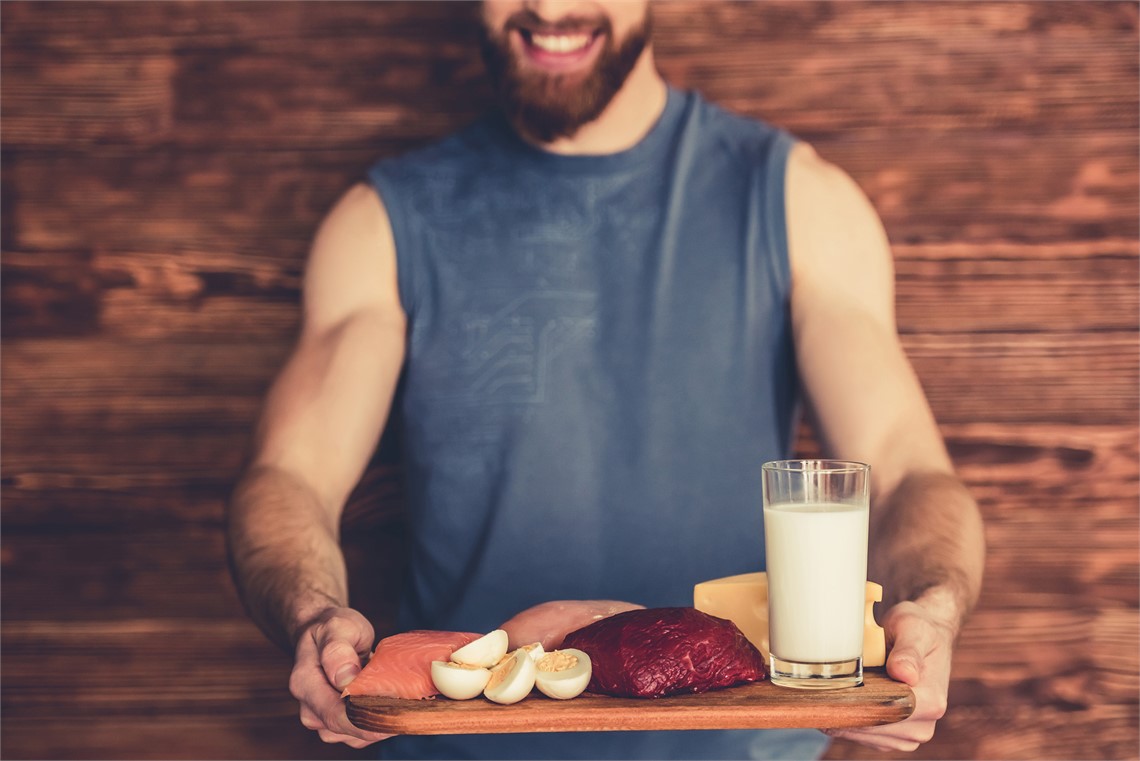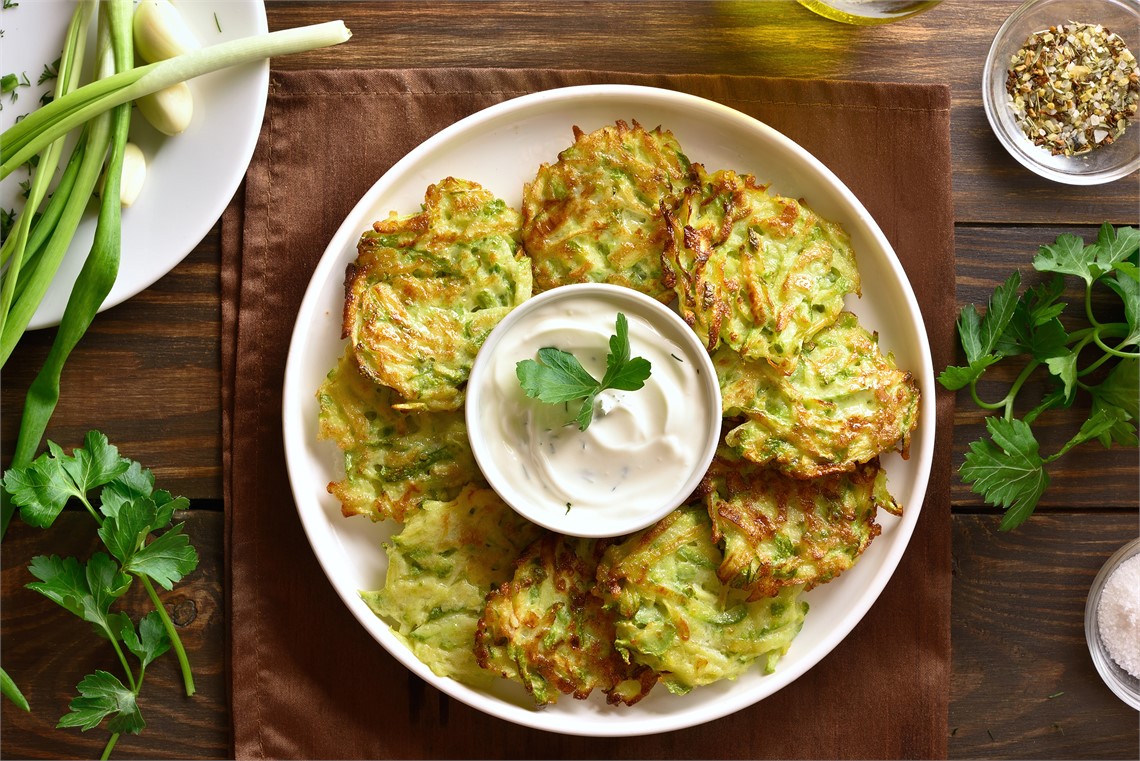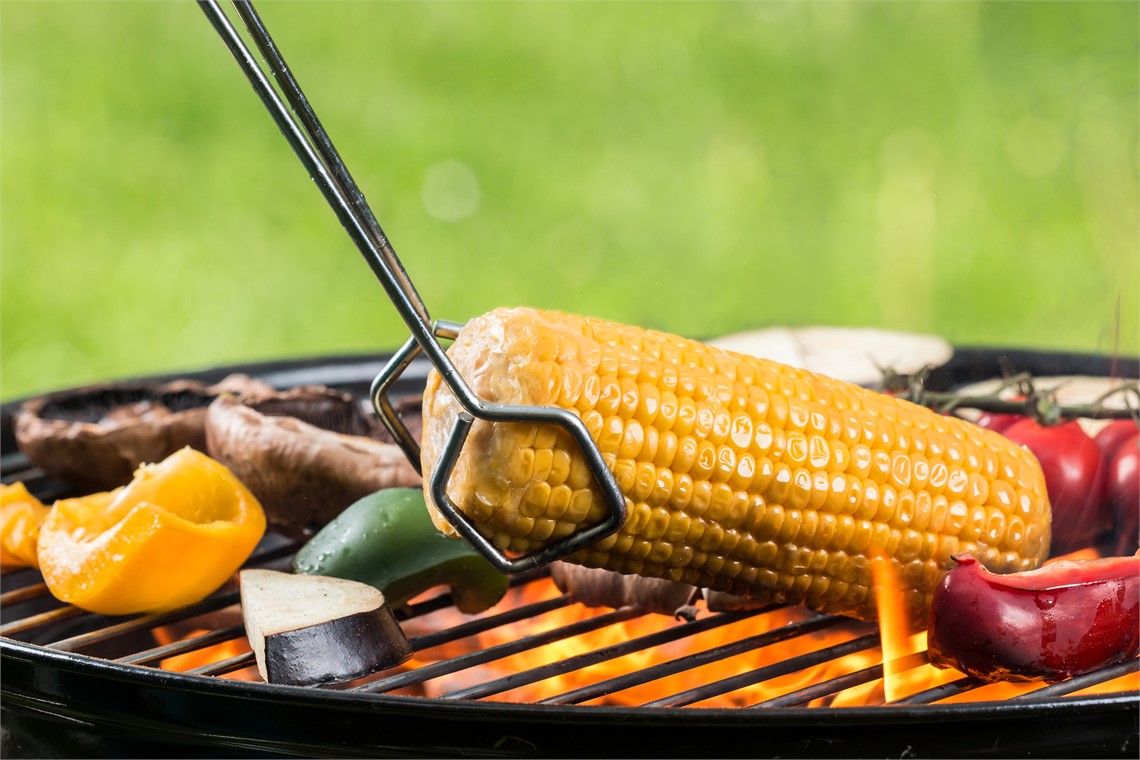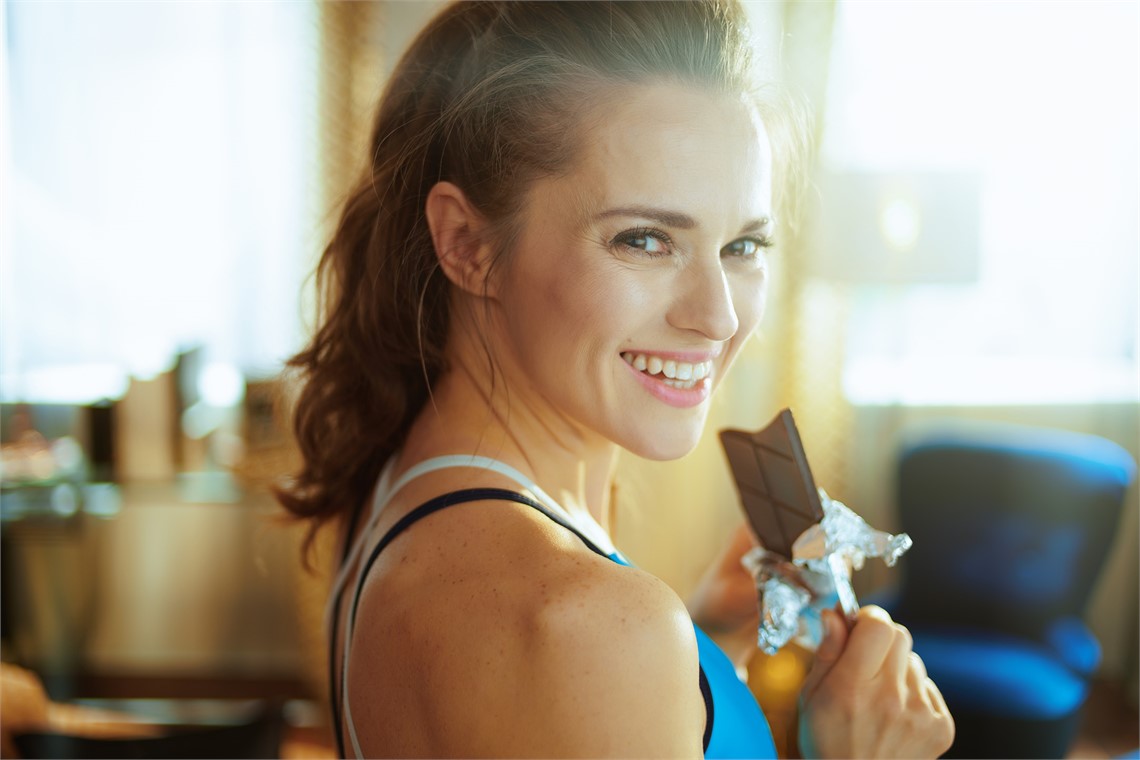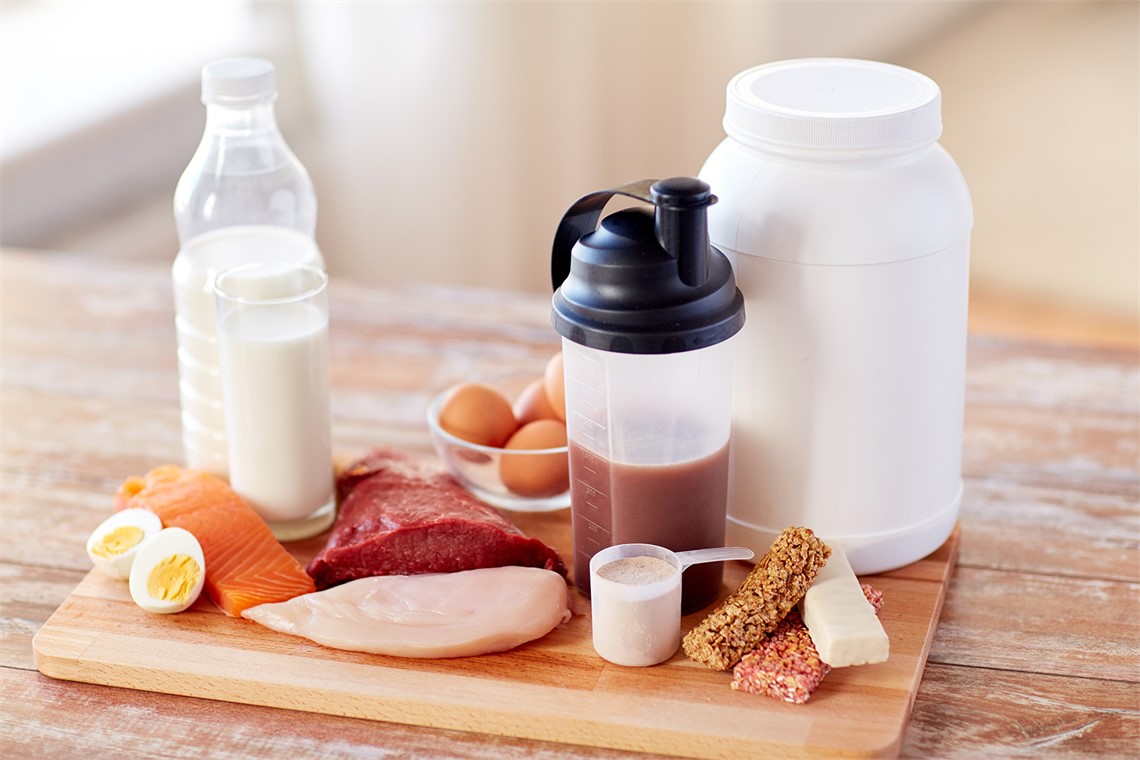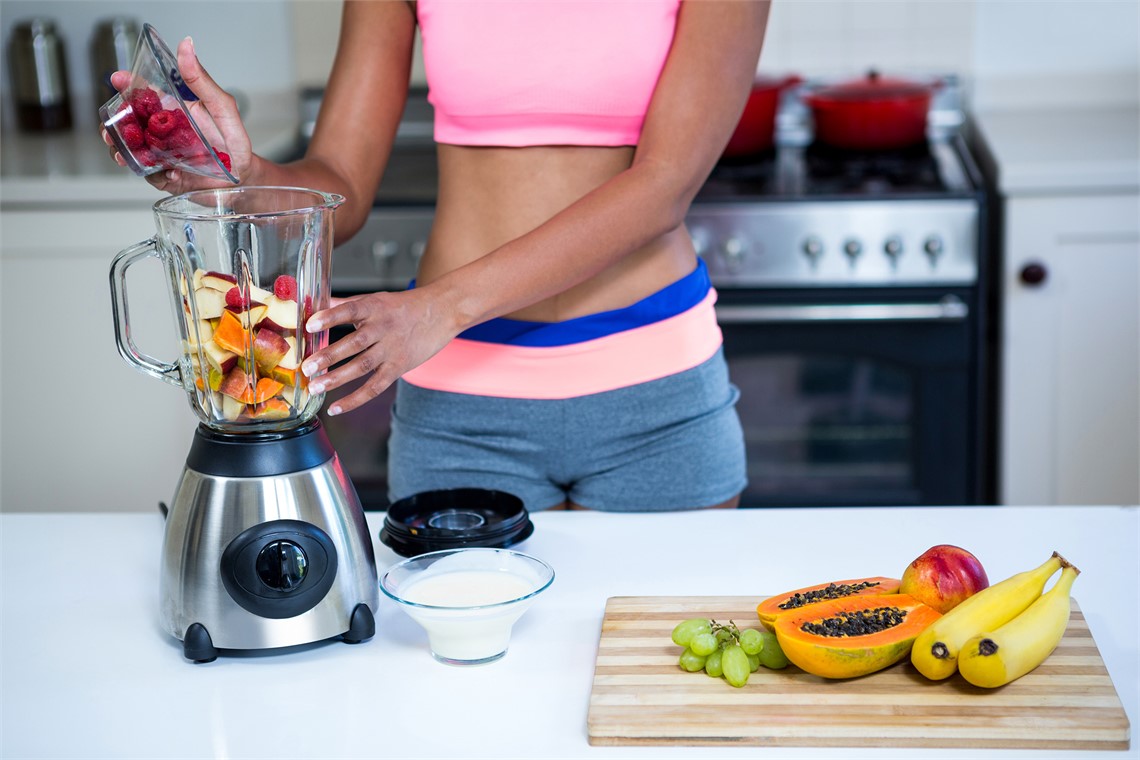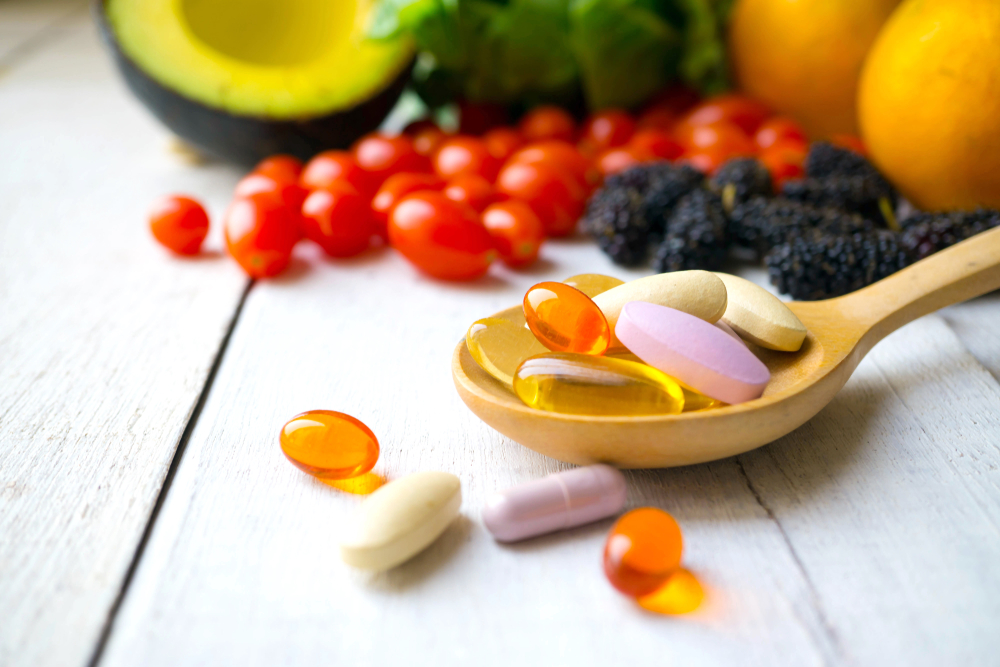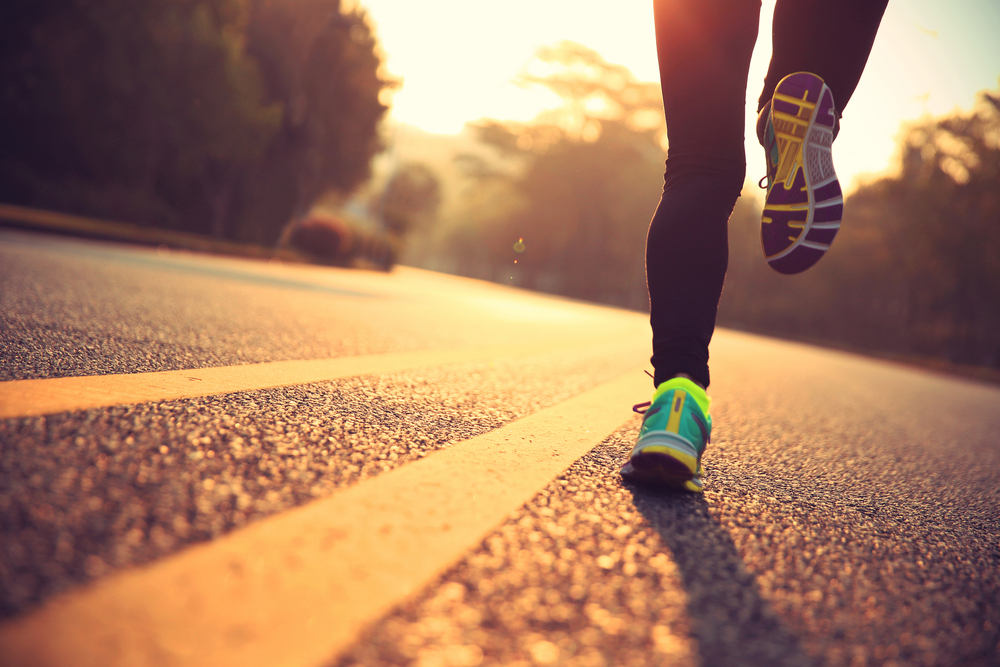Dehydration could be the single biggest factor to ruin your running performance. That’s why regular intake of water as a general habit is recommended to active people and athletes, says Fedhealth Dream Chasers dietician Andrea du Plessis.
During training, the body loses fluid (water) and salts (electrolytes, namely sodium and potassium). For this reason, sports drinks most often contain water plus electrolytes and a sugar or simple carbohydrates.
How much water or sports drinks should one drink for running?
- Before training: 250-500 ml within two hours before training
- During training: 250-500 ml per hour, after the first hour
- After training: 250-500 ml
If you perspire a lot, or on very hot days, it’s recommended to drink an extra 500ml to one litre of water per day.
Too much of a good thing?
Too much water can be as harmful as too little, so don’t drink more water than what is recommended. Drinking too much water during a race or long distance training session may cause hyponatremia, which basically means that the excess amount of water dilutes the electrolytes in the bloodstream. Hyponatremia is defined as a blood sodium concentration below the normal range. Common symptoms of hyponatremia include nausea and vomiting, confusion, drowsiness, headache, fatigue, muscle weakness, muscle cramps, irritability and in severe cases, seizures may occur.
How do I know if I’m dehydrated?
The signs and symptoms of dehydration include dark discolouration of your urine, physical fatigue, light-headedness, headaches and constipation.
|
Did you know? Dehydration is the leading cause of constipation. The body needs adequate amounts of fluid to support the excretion of digestive waste. With dehydration, the digestive waste compacts, making it hard to eliminate and that results in constipation. |
Which is better for running: water or a sports drink?
Both are acceptable, but a sports drink or rehydration formula will be ranked first, as the presence of electrolytes and small amounts of sugar actually encourages or facilitates hydration. A sports drink is absorbed much better and faster from the digestive system into the bloodstream during running than water.
Can food and drink contribute to dehydration?
Definitely. Eating highly processed and refined foods with added sugar and/ or salt can contribute to dehydration, not only because of a lack of fluid intake, but also due to the high intake of salts and sugars, which affects the body’s total hydration status.
Can caffeine cause dehydration?
Runners are often warned against coffee and other caffeine containing beverages, as caffeine acts as a diuretic, encouraging the excretion of water. It is said that excessive caffeine intake may in fact induce dehydration, but that is not necessarily the case. Still, it does not make sense to run with a low hydration status and then replenishing your fluid intake with caffeinated beverages.
Six hydration-boosting foods
- Melon
- Cucumber
- Soup
- Berries
- Tomato
- Celery
Fruits such as berries, melon and watermelon contain a large proportion of water, compared to a relatively small amount of carbohydrates. Tomatoes and celery are not only rich in water, but also contains potassium, one of the electrolytes needed for hydration.
For more information, visit capetownmarathon.com or for any nutrition related questions, contact Andrea du Plessis on 084 403 6018, email andreaduplessis28@gmail.com or go to www.facebook.com/andreaduplessis.nutrition.expert
